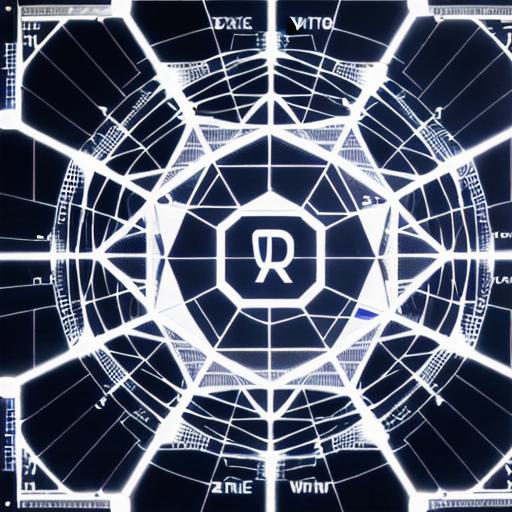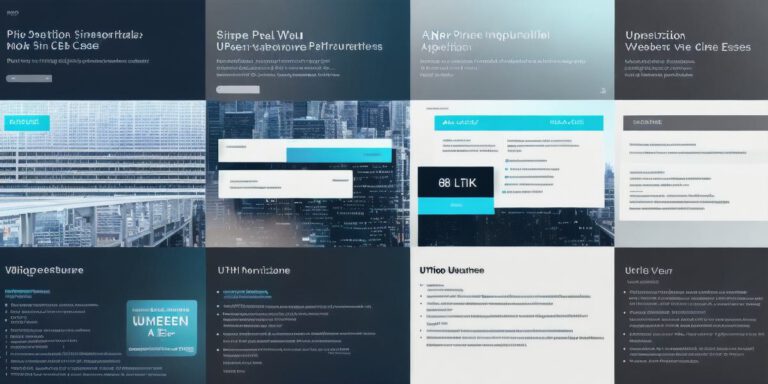Unstoppable Web 3.0: Is Censorship Possible?

Web 3.0, also known as the decentralized web, is a new paradigm for the internet that promises to give users more control over their data and online interactions. With no central authority controlling the network, Web 3.0 applications are designed to be highly resilient and difficult to censor or shut down.
But is censorship truly impossible in Web 3.0? While it’s true that decentralized networks are more resistant to censorship than centralized ones, there are still ways that governments and other powerful entities could potentially control access to Web 3.0 applications. In this article, we will explore the different approaches that have been taken to censor or limit access to Web 3.0 content, and examine the effectiveness of these methods in practice.
One approach to censorship in Web 3.0 is to target the infrastructure that supports the network. For example, if a government were able to take control of a key node in the network, they could potentially block access to certain applications or content. This approach has been tried in the past with centralized networks like the Tor network, but it’s less effective with decentralized networks because there are multiple nodes that can act as gateways and distribute data across the network.
Another approach is to target individual users or groups of users who are suspected of accessing or spreading illegal or unwanted content. This could involve monitoring user activity on the network, or using more advanced techniques like blockchain analysis to track transactions and identify potential threats. While this approach has some success in centralized networks, it’s also highly controversial and raises privacy concerns.
Finally, governments and other powerful entities could potentially use their economic influence to undermine Web 3.0 by starving it of funding or resources. This could involve cutting off funding for research and development, or making it difficult for businesses and organizations to access the tools and infrastructure they need to build decentralized applications. While this approach is less direct than censorship, it can still have a significant impact on the growth and success of Web 3.0.
Despite these challenges, many experts believe that censorship will ultimately be impossible in Web 3.0. The highly distributed nature of the network makes it difficult for any single entity to control access or content, and the use of encryption and other security measures means that even if a government were able to gain access to the network, they would not be able to easily read or manipulate data.

In conclusion, while censorship is certainly possible in Web 3.0, it’s highly unlikely to be effective in practice. As the decentralized web continues to grow and evolve, we can expect new technologies and strategies to emerge that will make it even more difficult for governments and other powerful entities to control access or content online.








